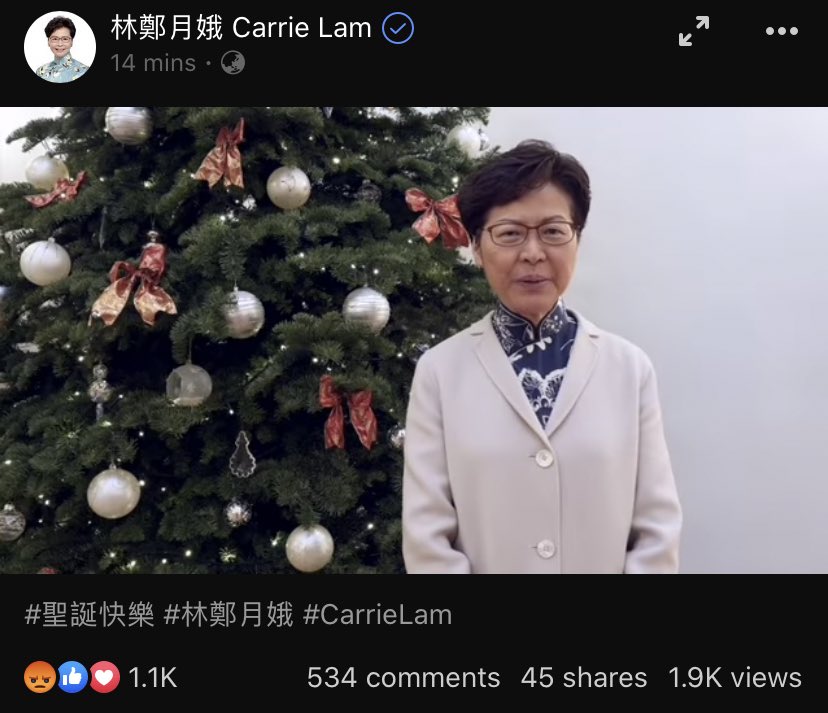you don’t need it now.
What you don’t know,
you can feel it somehow.”
- “Beautiful Day” by U2
This is suddenly real. It isn’t supposed to be. I thought I was ready. Prepared.
I meet the raw intensity of a gaze filled with tears.
And I freeze. 1/
I’m a first-year medical student and my short white coat is hanging in my closet, tantalizingly nearby.
I’ve wanted to go into medicine for so long, and now there’s finally light at the end of the tunnel. 2/
These words that bind me to a lineage through history, good and bad.
I speak them into being, as if for the first time.
And so it begins. 3/
He introduces me to his visiting nurse as “my grandson, the doctor.”
I’m not a doctor, not yet. Not by a longshot. 4/
Hey, maybe I can do this doctor thing after all...
The next threshold comes in the form of standardized patients- trained educators who roleplay as patients. 5/
In these artificial scenarios lie the rudimentary beginnings of the crucial “doctor-patient relationship.”
Every encounter is taped. 6/
But I’m about to get a serious wake-up call.
A simple question. 7/
The instructor tells us we have to disclose a biopsy result. The biopsy shows a very aggressive cancer with a dismal prognosis.
Our job isn’t to treat anything, just to break the news. 8/
I feel ready. My strategy is clear in my mind.
I got this.
I knock on the door to the exam room.
“Come in.” 9/
An elderly man sits before me, neatly dressed. I note the way his hands are clasped together. The way he sizes me up with his gaze.
He smiles, nervously. 10/
Simple, right? Ha.
As I sit down, I make small talk about the Boston Red Sox logo on his sweater. He laughs, and I realize something.
Everything is about to change for him. Forever.
I breathe deeply. 11/
But deep down, I’m believing the reality of the scenario. My lips are dry.
I start going over the biopsy report with him, maintaining eye contact, speaking clearly. 12/
When I’m done, he’s silent for a long while, before asking quietly.
“Are you telling me I’m going to die?”
His eyes fill with tears. The quiet intensity of his emotion is real.
I freeze. 13/
In it, he advocated for two traits in the new physicians: imperturbability, and equanimity.
I have neither. 14/
Getting grades. White coats. Ceremonies. My privileged life.
All of it, useless.
There is no currency here I can exchange, no multiple choice path to salvation.
I’m just a kid. 15/
He repeats the question, and it snaps me out of my paralysis.
I don’t know where the words come from, but they find me.
I try to speak slowly, calmly, clearly. Every instinct I have screams to give hope, but I try to be unbiased. 16/
But I do remember at the end, he shakes my hand, and thanks me as he picks up the clipboard on which he will write his feedback.
I step outside and feel my carefully constructed scaffolding of self-confidence begin to fall apart. 17/
Unless I accept a truth:
One of two things must happen.
Either I harden my heart, to numb it, or I learn to bear the pain of its repeated breaking.
20 years later, and it’s a lesson I’m still learning.
Medicine is life, in broken portions.




